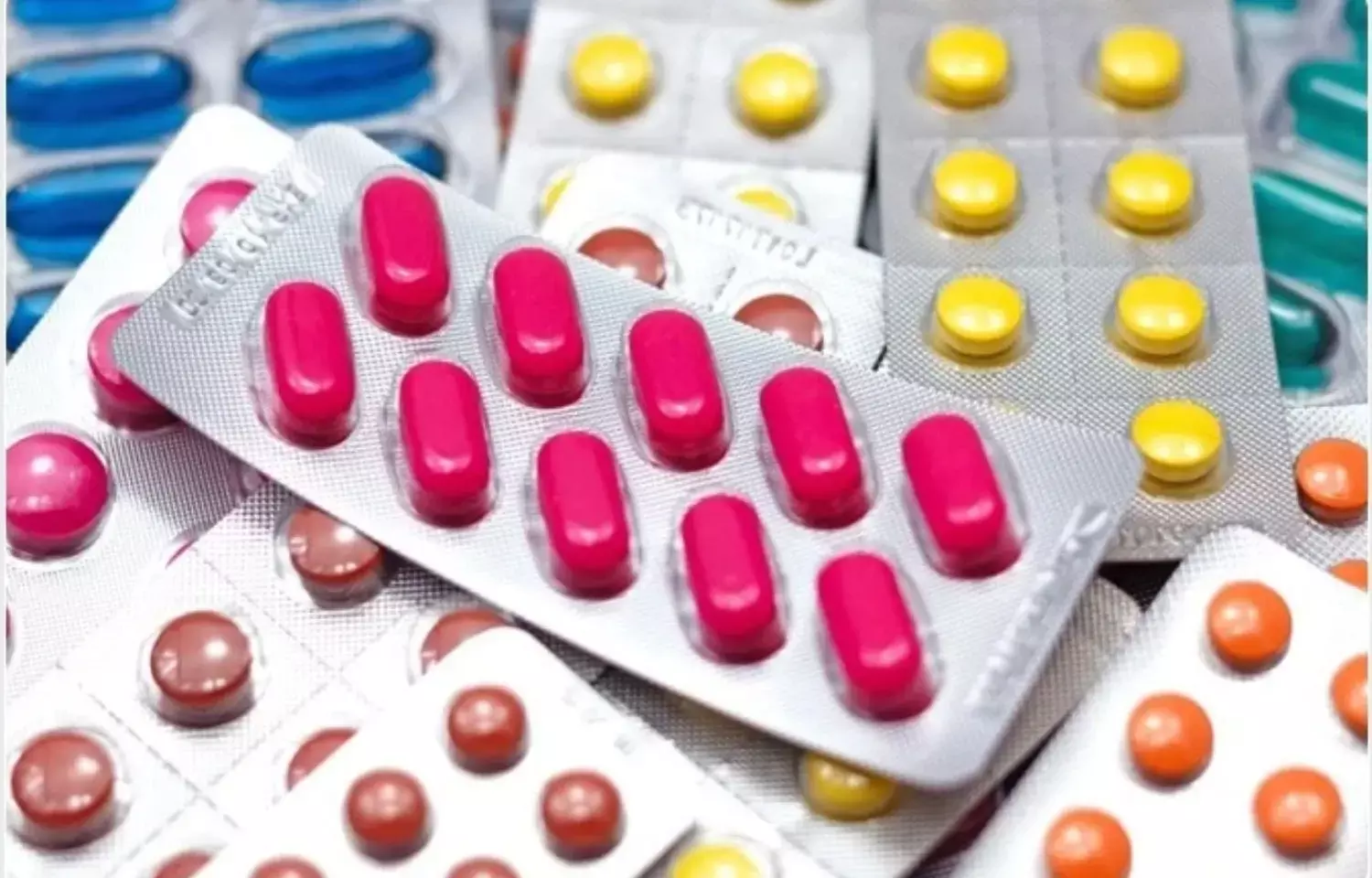- Home
- Medical news & Guidelines
- Anesthesiology
- Cardiology and CTVS
- Critical Care
- Dentistry
- Dermatology
- Diabetes and Endocrinology
- ENT
- Gastroenterology
- Medicine
- Nephrology
- Neurology
- Obstretics-Gynaecology
- Oncology
- Ophthalmology
- Orthopaedics
- Pediatrics-Neonatology
- Psychiatry
- Pulmonology
- Radiology
- Surgery
- Urology
- Laboratory Medicine
- Diet
- Nursing
- Paramedical
- Physiotherapy
- Health news
- Fact Check
- Bone Health Fact Check
- Brain Health Fact Check
- Cancer Related Fact Check
- Child Care Fact Check
- Dental and oral health fact check
- Diabetes and metabolic health fact check
- Diet and Nutrition Fact Check
- Eye and ENT Care Fact Check
- Fitness fact check
- Gut health fact check
- Heart health fact check
- Kidney health fact check
- Medical education fact check
- Men's health fact check
- Respiratory fact check
- Skin and hair care fact check
- Vaccine and Immunization fact check
- Women's health fact check
- AYUSH
- State News
- Andaman and Nicobar Islands
- Andhra Pradesh
- Arunachal Pradesh
- Assam
- Bihar
- Chandigarh
- Chattisgarh
- Dadra and Nagar Haveli
- Daman and Diu
- Delhi
- Goa
- Gujarat
- Haryana
- Himachal Pradesh
- Jammu & Kashmir
- Jharkhand
- Karnataka
- Kerala
- Ladakh
- Lakshadweep
- Madhya Pradesh
- Maharashtra
- Manipur
- Meghalaya
- Mizoram
- Nagaland
- Odisha
- Puducherry
- Punjab
- Rajasthan
- Sikkim
- Tamil Nadu
- Telangana
- Tripura
- Uttar Pradesh
- Uttrakhand
- West Bengal
- Medical Education
- Industry
Drug Safety Alert: IPC Flags Adverse Drug Reaction Linked To Tacrolimus

New Delhi: The Indian Pharmacopoeia Commission (IPC), through its recently issued drug safety alert for the month of July, has revealed that Tacrolimus, an immunosuppressive drug can lead to adverse drug reaction named Gingival Hypertrophy.
This came after preliminary analysis of Adverse Drug Reactions (ADRs) from the Pharmacovigilance Programme of India (PvPI) database.
Tacrolimus is a calcineurin inhibitor used to prevent organ transplant rejection and to treat moderate to severe atopic dermatitis.Tacrolimus is chemically known as a macrolide. It reduces peptidyl-prolyl isomerase activity by binding to the immunophilin FKBP-12 (FK506 binding protein) creating a new complex. This FKBP12-FK506 complex inhibits calcineurin which inhibits T-lymphocyte signal transduction and IL-2 transcription.
In accordance with the drug safety alert, Tacrolimus is indicated:
• For prophylaxis of transplant rejection in adult kidney or liver allograft rejection.
• Prophylaxis of transplant rejection in kidney, liver or heart allograft recipient.
• For prophylaxis of transplant rejection in liver, pancreas, lung, heart and kidney allograft recipients and treatment of allograft rejection resistant to treatment with other immuno- suppressive medicinal products.
• By nephrologists only- for the prophylaxis of organ rejection in patients receiving allogenic kidney transplant.
• For dermatologists-for treatment of patients with moderate to severe atopic dermatitis in whom the use of alternative conventional therapy is advisable.
However, following the preliminary analysis of Adverse Drug Reactions (ADRs) from the PvPI database, it is reported that Tacrolimus is linked with Adverse Drug Reactions (ADRs) named Gingival Hypertrophy.
Gingival hypertrophy also known as gingival hyperplasia, gum hypertrophy or gingival enlargement, refers to excessive growth of the gums or gingiva around the necks of the teeth. The hypertrophic gingival tissue may be inflamed (gingivitis), in which case the gums are red, soft, shiny and bleed easily. Hyperplasia refers to an increased number of cells, and hypertrophy refers to an increase in the size of individual cells.
Now, as per the issued drug safety alert, the following suspected drug is associated with the ADRs as given below:
Sl. No. | Suspected Drug | Indications | Adverse Drug Reaction |
1. | Tacrolimus |
| Gingival Hypertrophy |
In light of the above, the Indian Pharmacopoeia Commission, Ministry of Health & Family Welfare, has advised Healthcare Professionals, Patients/Consumers to closely monitor the possibility of the above ADRs associated with the use of above suspected drugs.
Further, the safety alert added, "If such reaction is encountered, please report to the NCC-PvPI, IPC by filling of Suspected Adverse Drug Reactions Reporting Form/Medicines Side Effect Reporting Form for Consumer (http://www.ipc.gov.in), through Android Mobile App "ADR PvPI App" and PvPIHelpline No. 1800-180-3024 (Toll Free)."
Mpharm (Pharmacology)
Susmita Roy, B pharm, M pharm Pharmacology, graduated from Gurunanak Institute of Pharmaceutical Science and Technology with a bachelor's degree in Pharmacy. She is currently working as an assistant professor at Haldia Institute of Pharmacy in West Bengal. She has been part of Medical Dialogues since March 2021.


